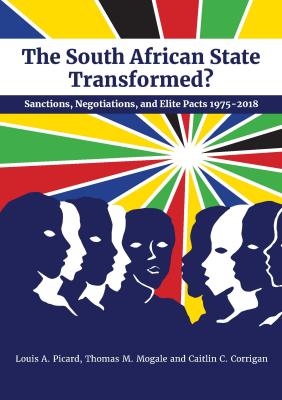The South African State Transformed? : Sanctions, Negotiations, and Elite Pacts 1975-2018
Synopsis
IMPORTANT NOTE: This title was published during a period of transition for UCT Press (from Juta to the University of Cape Town). Consequently, it is the final UCT Press title to be published under a closed access model. The title will become openly available on this catalogue 24 months after its date of publication. In the interim, please access the book via the following platforms: Itsi, Takealot, Google Play, and Amazon.
Abstract
This book examines the nature of the 1994 political transition in South Africa and its impact on post-apartheid South Africa. Specifically, it examines the failures of liberalism within the context of the transitional process that led to the institution, if not the practice, of a non-racial state in 1994. The term liberal is an eclectic term defining a several of views, political and economic. We use the term here within context, but essentially define it as a commitment to open views, the willingness to consider change, and to value basic human rights. The nature of institutional change in South Africa as it moved towards a democratic state would influence whether South Africa would succeed as a newly industrializing pluralist democratic country or collapse into yet another African failed state. As South Africa moves toward its fourth decade of majority rule, the view towards the future is much less promising than it was in 1994.
Downloads


